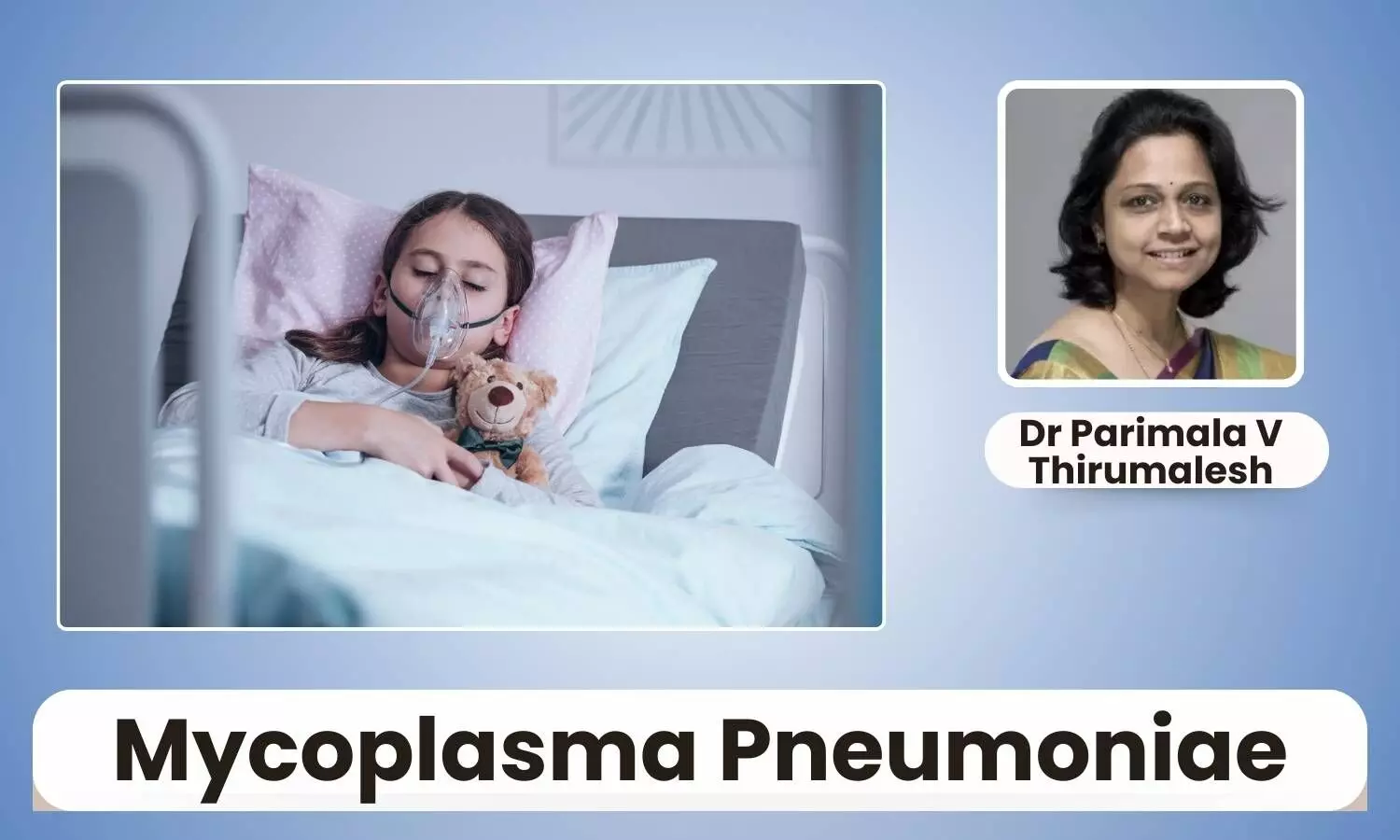Rising Cases of Mycoplasma Pneumoniae in Bengaluru: What You Need to Know - Dr Parimala V Thirumalesh

In recent months, Bengaluru has observed a notable increase in cases of Mycoplasma pneumoniae infections, commonly referred to as "walking pneumonia." This trend has raised concerns among doctors and the public.
Introduction
Mycoplasma pneumoniae is a bacterial strain implicated in respiratory infections, which mainly attack the lungs. Contrary to typical pneumonia, which can have severe life-threatening manifestations requiring often prolonged hospitalization, Mycoplasma pneumoniae infections are usually milder: hence, the term walking pneumonia. The mildness of this infection enables an individual to carry on with his or her activities of daily living, thereby delaying the diagnosis and treatment.
Doctors in Bengaluru have reported an increase in such cases. At present, four to six such cases are being seen in the OPDs, sometimes going up to six in one day. Most of these children are in the age group of two-three years.
Symptoms
The symptoms of Mycoplasma pneumoniae infections can be subtle and develop gradually over one to three weeks after exposure. Common symptoms include:
- Persistent Dry Cough: A hallmark of the infection, the cough can be severe and lingering.
- Low-Grade Fever: Unlike typical pneumonia, high fevers are uncommon.
- Fatigue: General feeling of tiredness and weakness.
- Headache: Mild to moderate in intensity.
- Chest Discomfort: Mild pain in the chest area.
Diagnosis
- Physical Examination: Listening to the lungs for abnormal sounds.
- Chest X-Rays: To identify any lung infiltrates or abnormalities.
- Blood Tests: To detect antibodies against Mycoplasma pneumoniae.
- Polymerase Chain Reaction (PCR) Tests: To identify bacterial DNA in respiratory samples.
Treatment
- Antibiotics: Macrolide antibiotics are commonly prescribed.
- Symptomatic Relief: Over-the-counter medications to reduce fever and alleviate pain.
- Rest and Hydration: Ensuring adequate rest and fluid intake to support recovery.
It's important to note that not all antibiotics are effective against Mycoplasma pneumoniae. Therefore, appropriate medical consultation is necessary for proper treatment.
Prevention
- Good Hygiene: Regular handwashing.
- Respiratory Etiquette: Covering the mouth and nose with handkerchief when coughing or sneezing.
- Avoiding Close Contact: Keeping a distance from individuals exhibiting respiratory symptoms.
- Wearing Masks: Necessary in crowded or enclosed spaces.
- Maintaining a Healthy Lifestyle: Balanced diet, regular exercise, and adequate sleep to strengthen the immune system.
The rise in Mycoplasma pneumoniae cases in Bengaluru underscores the need for public awareness and proactive healthcare measures. While the infection is generally mild, early recognition and appropriate treatment are vital to prevent complications and curb transmission.
Adhering to preventive practices and seeking timely medical attention can significantly mitigate the impact of this respiratory illness on the community.


